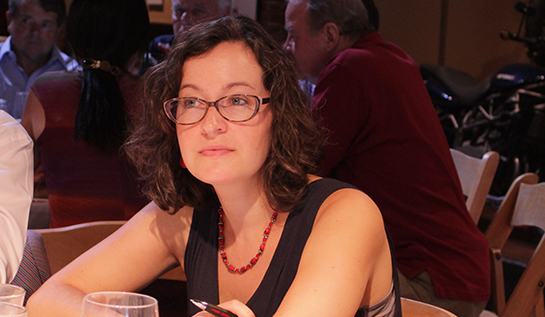Keller Featured on Harvard Research Profile
Renata Keller, Assistant Professor of International Relations at the Frederick S. Pardee School of Global Studies at Boston University, said the U. S.’ Cold War policy of isolating Cuba was having an unexpected result on the relations between the U. S. and the rest of Latin America.
Keller made the argument in a research profile on the site for the Harvard Kennedy School’s Shorenstein Center on Media, Politics and Public Policy. The article, which profiles research by Shorenstein Fellow Marie Sanz, was published on Dec. 16. It was entitled “The Persistent Advocate: The New York Times’ Editorials and the U. S.’ Normalization of Ties with Cuba.”
From the text of the article:
Renata Keller, historian and professor of international relations at Boston University’s Frederick S. Pardee School of Global Studies, said: “The rest of Latin America sent Obama a clear message at the sixth Summit of the Americas in Colombia back in 2012 that they would not attend any future summits that did not include Cuba. Ironically, the U.S. Cold War policy of trying to isolate Cuba was beginning to backfire and threatening to isolate the United States.” Other analysts argued that Obama had an important opportunity to change Cuba policy prior to the next summit, scheduled for April 2015 in Panama.
You can read the entire article here.
Keller’s research and teaching interests focus on Latin American history, particularly the connections between foreign and domestic politics, the dynamics of the Cold War, and U.S. relations with Latin America. She has special expertise in Mexican, Cuban, Chilean, and Argentine history. Learn more about her here.
